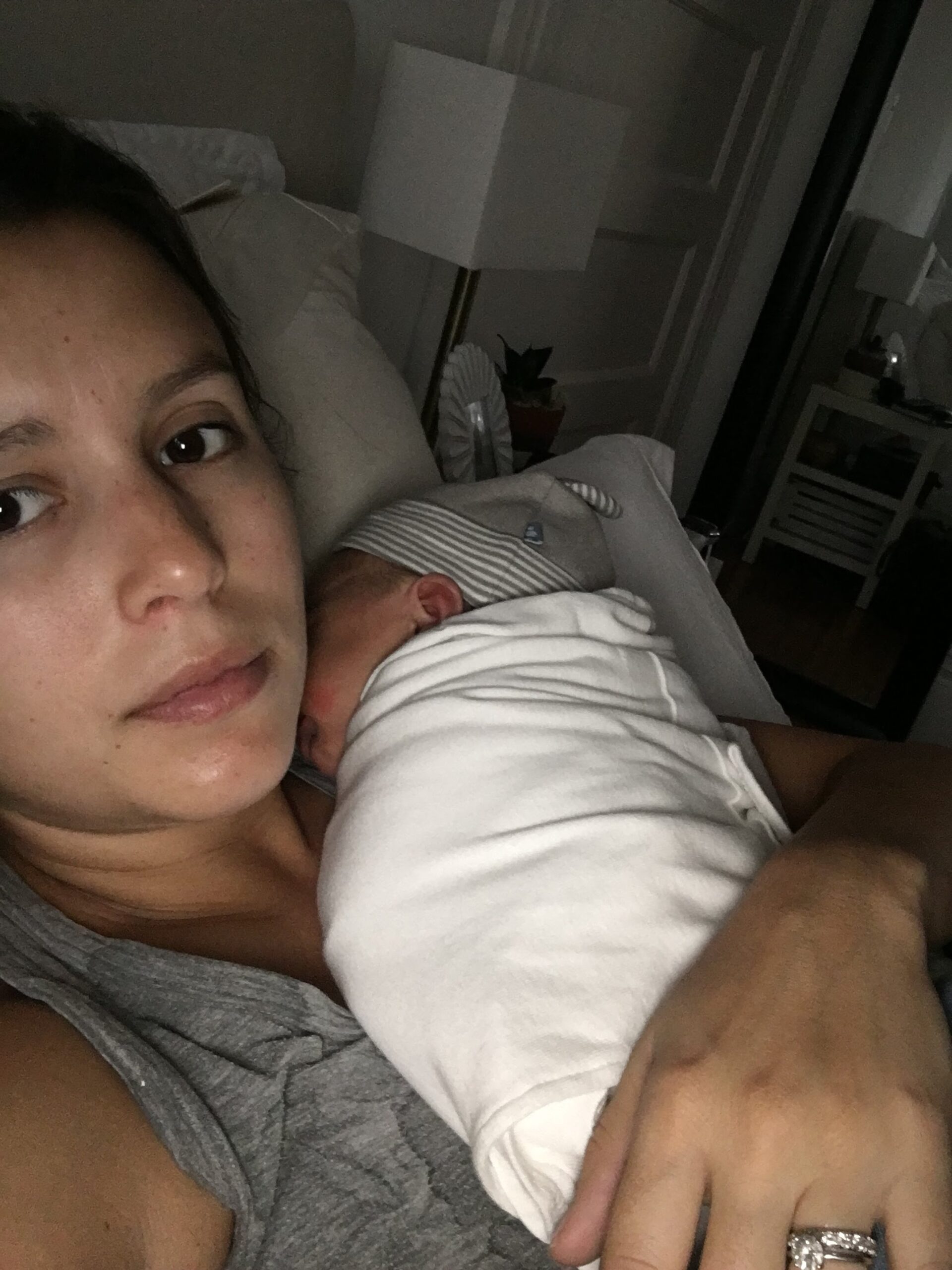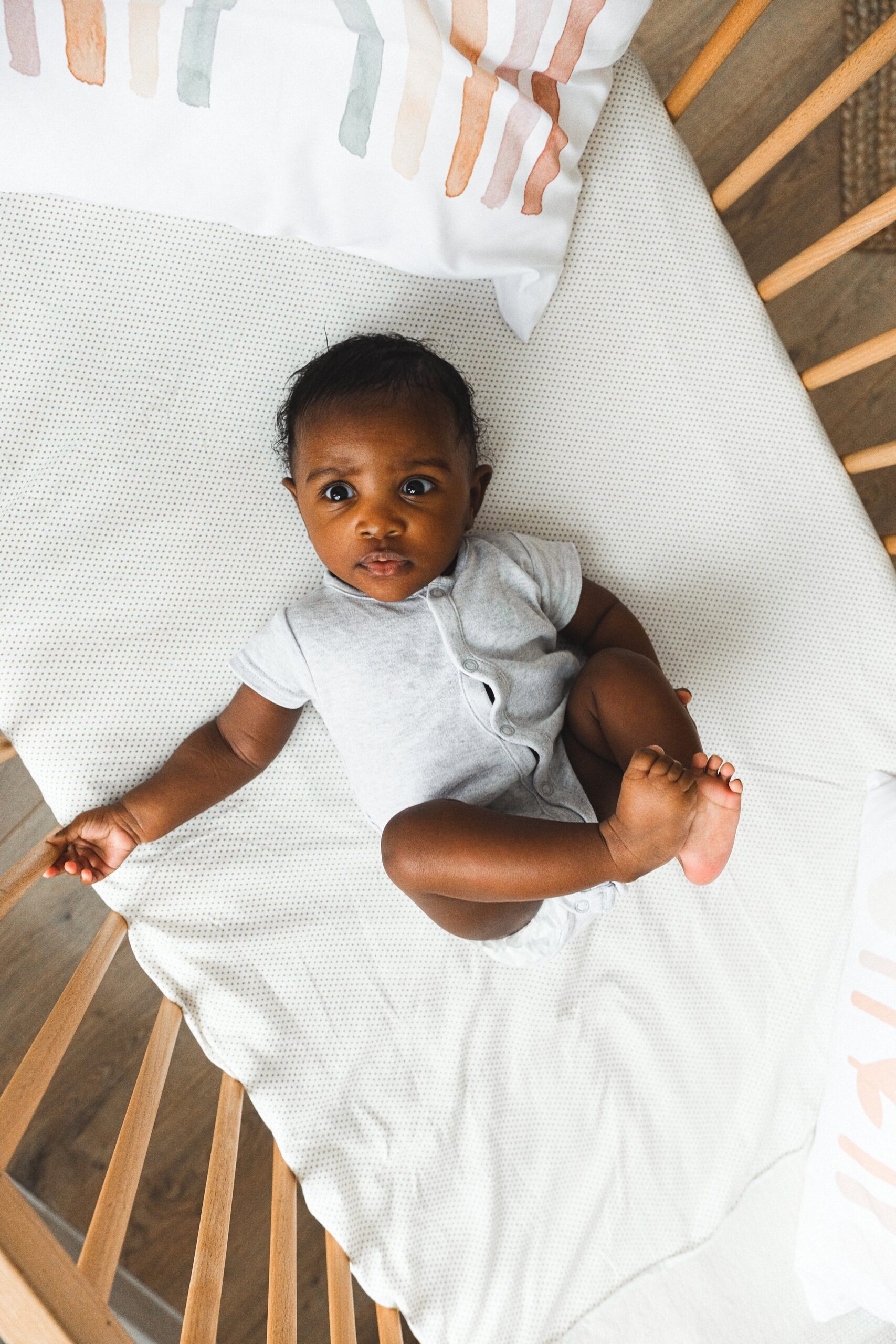I'm Rachael
Mom of 3 & Baby Sleep Expert with Big Sis Energy
& I’VE DONE ALL THE RESEARCH FOR YOU ALREADY.
Better sleep for the entire family
BROWSE COURSES
hey!
Parents Self Care – Nurturing your relationship in the Postpartum Period
in this post:
The birth of a baby can have a significant impact on your relationship with your partner. Often two people will find the pregnancy and expectant period bonding, unifying and exciting. The idea of an addition to your relationship is beautiful, but the reality of life with children will change the previous relationships. You now have another’s needs, wants, timescales, and routines to factor in. Not to mention the impact of the dreaded sleep deprivation, mental load, and hormonal changes. So how can parents practice self-care in regard to their relationship during the postpartum period?
If we lived in a world where perinatal and postnatal care advocated for parental wellbeing there would be free advice about parents self-care and how to prepare for these inevitable changes but alas there isn’t and so these are a few tips I have picked up along the way from friends, family, therapists, and books that have worked for my relationship.
tip #1: have an honest conversation
The first tip is to have an honest conversation about the impact the adjustment period will have. I knew that sleep deprivation and the imbalance of change for the mother in comparison to the father would cause me to feel short and snappy. I wanted to confront this head-on and let my partner know that I needed a bigger buffer but that he needed to say when it was becoming too much for him and vice versa. We talked about giving each other a wide berth about turns of phrase, sniping, frustration, and tone. I am a highly sensitive person so having this conversation before the birth helped me to find phrases I could use to calm me down in moments when I felt overwhelmed or triggered by the atmosphere.
tip #2: understand your own needs and capacity
The second tip was to have a great awareness of our individual needs and capacity. I think this is true parental self-care. My partner told me that when things feel overly critical and negative he hits capacity much sooner and I knew that I needed to make sure that he felt supported and encouraged and I knew that I would need him to show more initiative and cherish me during this period so that my cup could continue to feel like it had resources to pour from. This conversation was invaluable. We were able to rupture and repair with minimal conflict and had much more compassion for each other as we adjusted to this season.
tip #3: build outside support
The third tip for parent self-care was ensuring we had built enough outside support. I once read in Sheryl Sandberg’s book – Option B – that during a crisis (not that having a newborn is a crisis but it can feel like this!) you cannot gain support or lean on the person who is at the center of the crisis, you must lean on people from the circles around them. So it wasn’t fair for either of us to be solely leaning on each other (definitely made much harder due to COVID19). We both made sure we had designated people we could talk to if we were finding things hard, needed some cheerleading, to rant, or just to have some conversation. This included both personal and professional contacts. Until my daughter was born I didn’t have an idea of what sort of support I would need but within the first week, it was clear I needed support from friends who were mothers already, my older siblings, and my therapist. Due to COVID-19, this was all over the phone but this was easy to maintain via email and text during all the hours I was cluster feeding.
tip #4: adapt your romance and connection
The fourth tip was finding some adaptions to romance and connection. For us feeling close and connected is what fosters our sense of safety and intimacy in the relationship and we both thrive when this feels like it’s flowing freely. This is hard to maintain in the fourth trimester and the first year! Friends of ours who are seasoned parents gave us some great advice about leaning into the small acts of connection. Initially, our newborn did not want to be anywhere but being held by either of us so we would stay up all night holding her in shifts. During this time we would send loving supportive texts to each other, basically modern-day love letters so that when the other was on shift they felt supported, connected, and loved. My partner loves to cook and would prepare me delicious nutritious meals to help get my energy back after childbirth and once he had returned to work when I was up feeding in the night I would leave little post-it notes, or send him funny videos we bond over for him to wake up to in the morning. These small little acts helped us to feel emotionally connected at a time when our emotional resources were being consumed by our little bundle of joy.
tip #5: redefine our date nights
The fifth tip was to redefine our date and connection nights. With my partner being a chef we have always loved eating out and this has been a staple of our dating world. After having our daughter this wasn’t possible especially since she would spend hours every evening cluster feeding. Also, COVID19 meant everything was closed anyway! Luckily our favourite restaurants started doing dine-at-home services and we would set up little dates at our house with candles and fairy lights and a cluster feeding baby. We also started going for evening walks together with our baby snuggled up in the carrier, getting a takeaway coffee and chatting and laughing as she slept or fed. I cherish these moments as special within our relationship.
Alongside these tips, I was also very fortunate to find the @heysleepybaby Instagram account very early into my mothering journey. This page has many wonderful tips about parent self-care. There is also a highlights reel on her page that signposts you to relationship advice accounts that were helpful for reframing connections within our relationship.
As the postpartum journey went on and the mental load as a mother began to build up, the book Fair Play by Eve Rodsky helped address the balance before resentment spiraled. I’ve also heard great things about the book How to Not Hate your Husband After Kids. For me, self-care for new parents boils down to communication, knowing and understanding your needs, adaption, and foresight. As with any big change, it’s an adjustment and a new way of relating takes time to find its groove.
Featured
I can very clearly remember my first week as a mom, about 6 years ago. I was struggling so much with breastfeeding my tongue-tied baby. It was excruciating. I felt like I’d been hit by a bus after a brutal unmedicated labor with 2.5 hours of pushing. I was tearful and exhausted, and felt like my entire life had just been blown up. While I was “happy” to have my baby, it wasn’t the profound bliss I’d been expecting.
Parental preference is natural but can sting for the non-preferred parent. Read some strategies to help your family through this stage so that your child can feel comfortable with anyone putting them to bed.
With Valentine’s day fast approaching, the most important gift we can give to new mamas, is one which makes them feel seen, heard, and valued. So where do you even start?
Was this helpful? Save it for later!
binge reads
We think you'll love these
You deserve to the
baby stage, not just "survive it."
And you DON'T have to sacrifice your values, ignore your instincts, or force yourself to follow a method you don't align with just to get your baby back to sleep.
I’m here to help you create a restful, sustainable sleep environment that honors both your baby’s needs AND your own (without the stress OR the guilt!) because, no, you don’t have to choose between the two.
enjoy!
BABY SLEEP COURSES →
BABY SLEEP CONSULTS →
Wish you could help your baby sleep better without resorting to sleep training? Download my FREE guide to a good night’s sleep and learn 8 simple, science-backed tips for supporting your child’s needs.
Traditional sleep training methods don’t have to be your solution to better sleep.
SLEEP TRAINING ISN’T THE ONLY WAY TO GET GOOD SLEEP
Hey, I'm Rachael and Hey, Sleepy Baby is for parents who want to get their nights back, without sleep training their babies.
NO ONE TOLD US POD
explorING the untold truths of parenting








